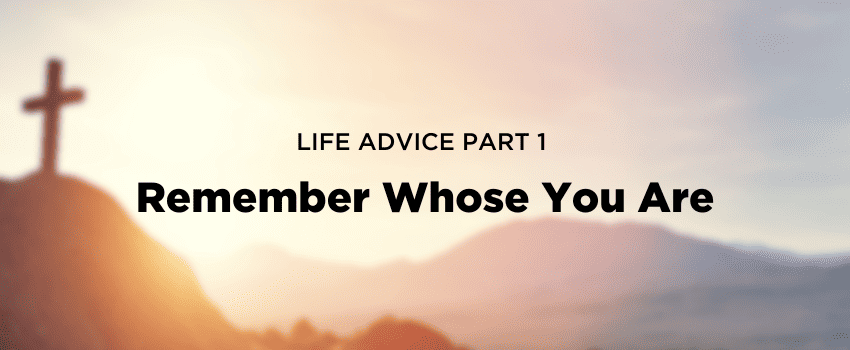
Taste of the Nations
One of Forward Edge’s most dearly held values is the importance of relationships. And what better way has God given us to bond with others than over a table of good food. Culture is often shared through food. Sharing meals isn’t just about filling our stomachs—it’s about connection over stories,







